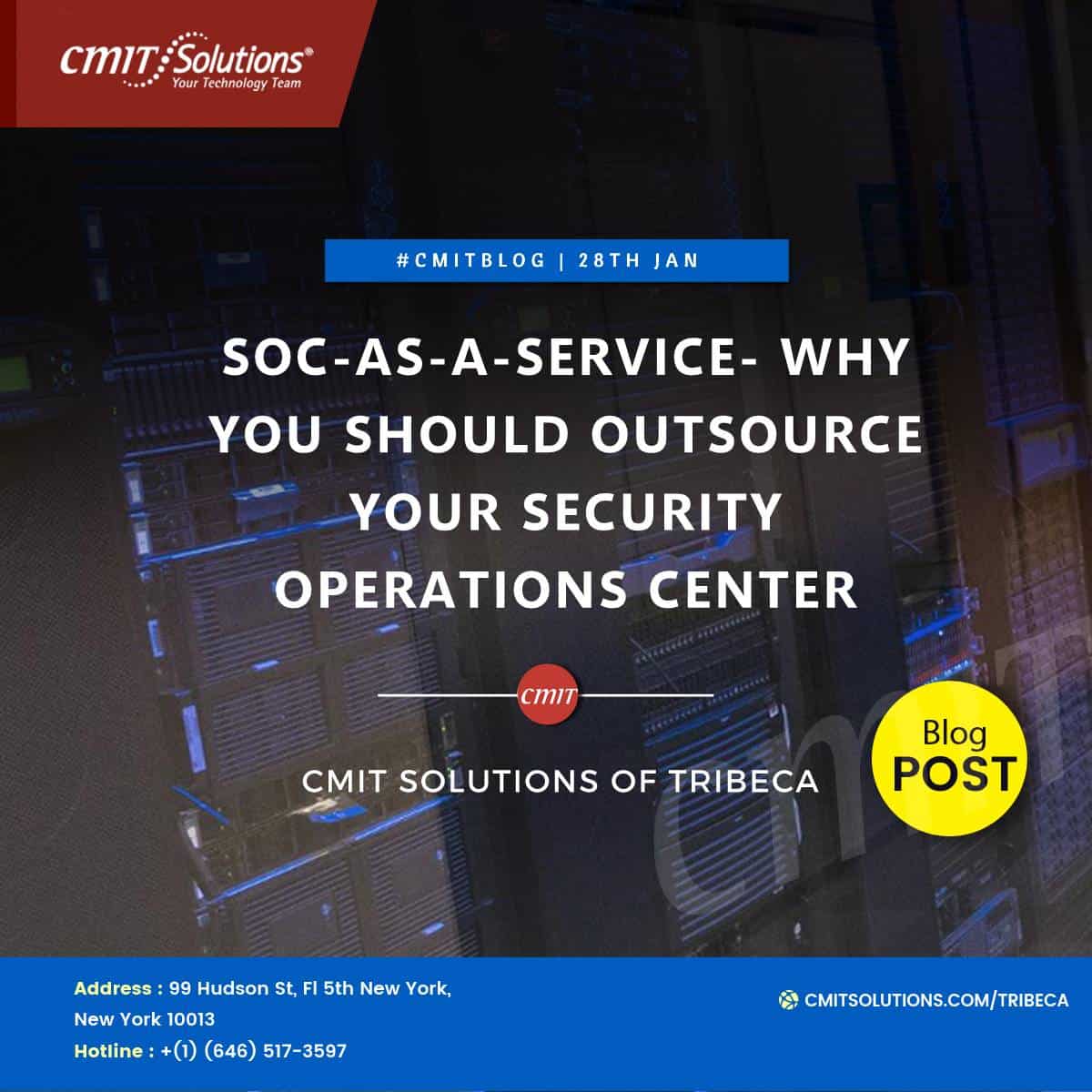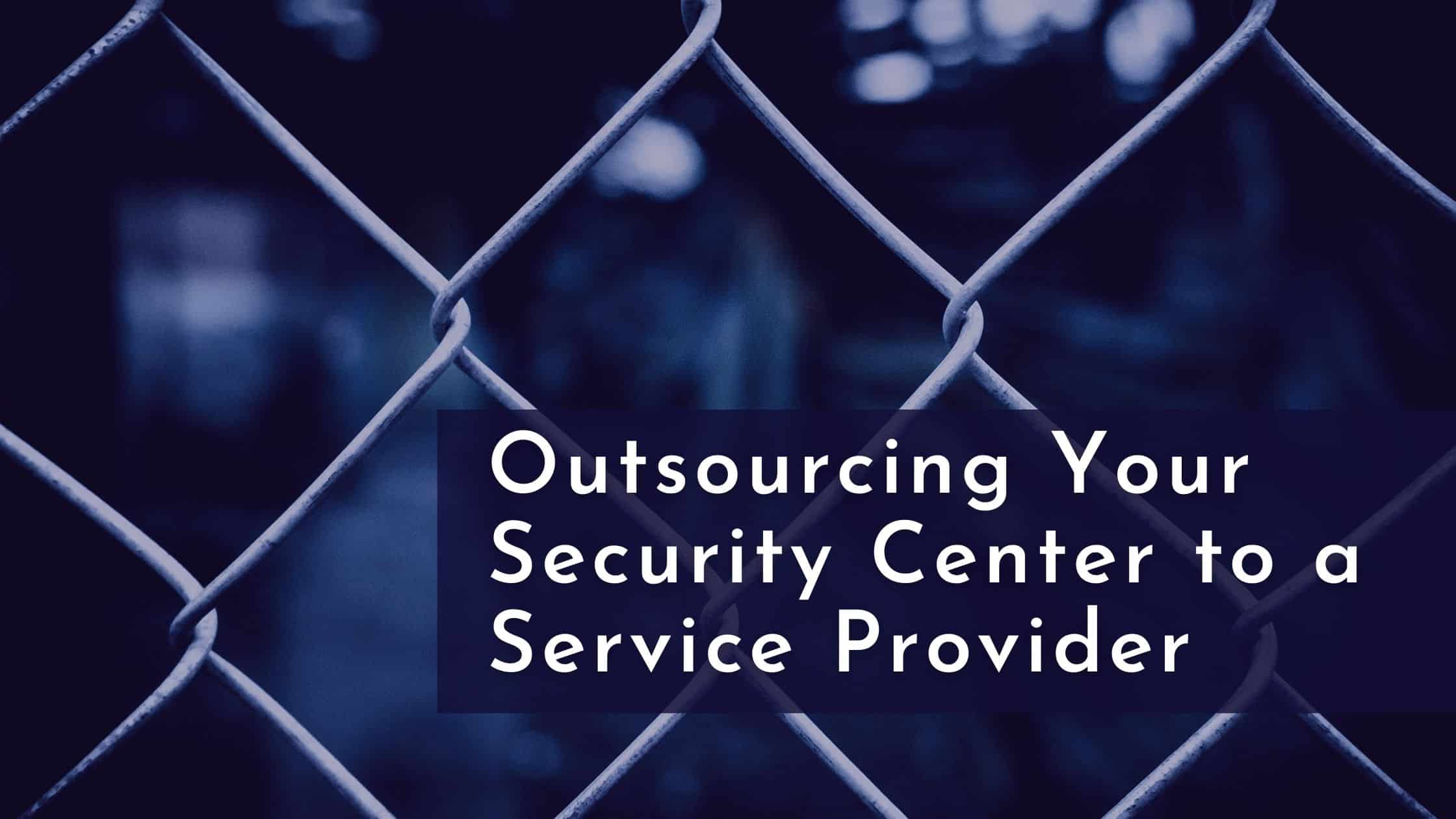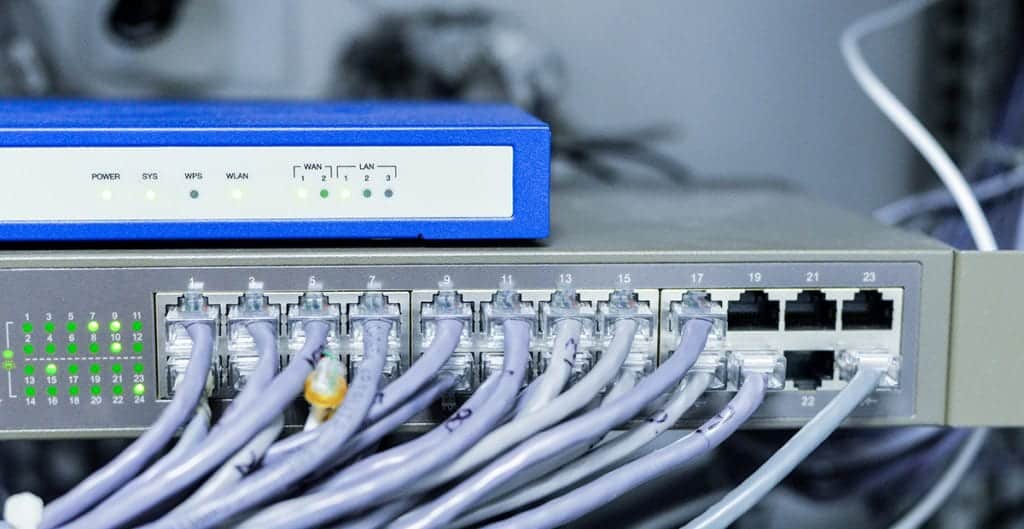Whether you are in the office or working from home, your business still has to change the cybersecurity trifecta. Custom cyber attacks are more widespread and more complex than ever, there is a shortage of security technologies, and hackers continue to target businesses by 1,000 or fewer employees. Many companies are outsourcing their security services to managed security providers (MSSPs). However, choosing the right MSSP also has its challenges. Working with an unscrupulous dealer in a well-functioning security operations (SOC) facility with the availability of threats and responsiveness leaves holes in their security situation.
Outsourcing Your Security Center to a Service Provider:
Real-Time Risk Alert
That means that there should be 24×7 continuous monitoring focused on risk detection activities and forensics for all security incidents. The security information and event management tools (SIEM) are extremely noisy, making it difficult for a team of a few security personnel to filter fake alarms and make enough experts for important safety notices. Assure your SOC provider can receive threats at any time of the day so you can have continuous peace of mind.
Network Disruption
Gartner recently identified a growing cybersecurity market known as Management Detection and response (MDR). The “detection” feature, as covered above, is very important in detecting threats, but to be a definite item the SOC must also provide an event response (IR). Your organization needs a partner who can help create a quick, decisive, accurate, and effective IR, whether you are experiencing false alarms, DDoS, hacking, or data breach. If it does not provide 24×7 IR, then it is not SOC.
Active Threat Hunting
Determination of crime hacking tactics is becoming increasingly difficult to find, which means that network configurations need to be constantly updated with new and bold cyberthreats. It is therefore the responsibility of security managers to learn the different basics of their clients’ network and to hunt down threats that may prevent them from being detected by traditional methods. That means using the right resources, threatening intelligence, using learning tools and analysis of user behavior, and leaving nothing to the search for real security incidents that affect customers.
Strategic consultation
Dedicated security engineers will gain a deeper understanding of your organization’s network topology and location of critical assets, which need to be protected with the deep security strategy. There are no lower expectations for internal SOCs, so why not want this in an exported SOC? In addition to top-tier cloud-based technologies and well-defined events-response processes, advanced security technology enables clients to understand their security standing. In the long run, this helps the organization to manage the business risk effectively.
Compliance Management
SOCs have to operate with the utmost care, whether HIPAA, HITECH, PCI DSS, FFIEC, GLBA, or other standards to which highly regulated industries must comply. That means providing needed and recommended security management templates, as well as, assessing the vulnerability of these organizations to comply with their regulatory standards. Hackers are not the only threats to your wallet. Expensive penalties for non-compliance can be quickly added, so make sure all risk is controlled by your SOC provider.





